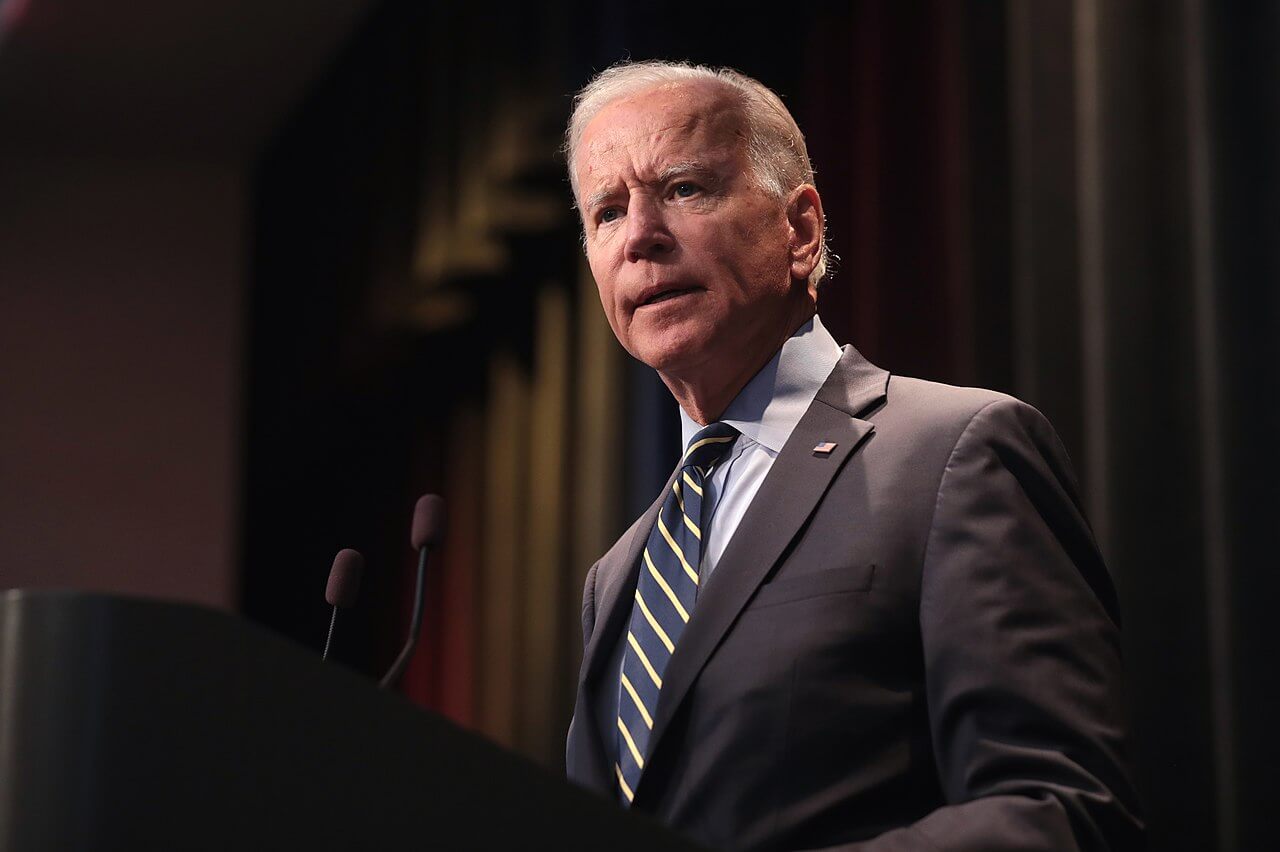Opponents argue that conservatives are aligning with the far right, casting their support behind Ursula von der Leyen for an additional five-year term leading the EU’s executive. As battalions of suited European People’s Party (EPP) members converge in Bucharest, preparing to endorse von der Leyen as the face of their EU election campaign, their demeanor mirrors that of a confident prize-fighter entering the ring.
Von der Leyen’s track record, built on supporting Ukraine, setting ambitious climate targets, responding to the pandemic, and cultivating relations with the U.S., positions her as the almost-certain holder of the European Union’s most powerful role until 2029. The forthcoming polls indicate the EPP’s likely victory in June, providing them with the leverage to retain von der Leyen in the Berlaymont and claim other pivotal positions.
The EPP, with nearly a dozen heads of government or state at the EU leaders’ table, exudes confidence. The congress in Romania, rather than a focal point, serves as a policy incubator for conservatives to navigate Europe’s course amidst the challenges posed by Russia’s war in Ukraine and Donald Trump’s lingering influence.
Thanasis Bakolas, the EPP’s Secretary-General, asserts, “We are setting the policy agenda,” underlining their proactive approach in shaping the Continent’s trajectory amid geopolitical headwinds.
However, this confidence prompts questions about potential costs. Polls forecast a surge in far-right support during the June elections, potentially leading to 160 lawmakers to the right of the EPP. This shift could exert pressure on the Commission’s legislative plans, influencing or even obstructing the passing of legislation.
Von der Leyen, seeking majority support for her second term, hints at collaboration with the European Conservatives and Reformists, signaling a readiness to engage with the right while putting the greens on the backburner. Social democrats, the EPP’s main rivals in the current coalition, voice concerns, accusing the EPP of veering too far right and jeopardizing the European project.
As far-right parties gain influence in various European countries, including Italy, Finland, and the Netherlands, the AUR party’s ascent in Romania adds another layer of complex challenges as yet another major European economy is at risk of falling into the hands of far-right extremists.
The media in Romania, accused of downplaying the AUR party by resorting to name-calling, reflects the broader challenge of normalizing far-right ideologies throughout the European Union.
Daphne Halikiopoulou, a professor of comparative politics, warns of the threat to democracy as far-right parties become normalized through political collaboration. The EPP, however, rejects allegations of aligning with the far right, emphasizing their commitment to a pro-European majority for stability in Europe.
The EPP’s rightward shift, evidenced by leaders like Manfred Weber advocating for a moratorium on Green Deal laws and prioritizing defense capacities, invites criticism. Discrepancies within the party are highlighted, underscoring conflicts over nature bills proposed by von der Leyen.
The June election results, anticipated to shape the EU’s trajectory, prompt questions about the potential impact on the governing coalition. Despite rivalry, collaboration between the EPP and social democrats may become inevitable to maintain stability, given the EPP’s limited influence in key EU players like Germany and France.
In Bucharest, divisions emerge, with the French wing of the EPP rejecting support for von der Leyen. Despite dissent, her anointment on Thursday seems inevitable, showcasing the intricate dynamics of EU politics.
Please wait…
RELATED ARTICLES
Did you like this information? Then please consider making a donation or subscribing to our Newsletter. Source
Related posts:
Views: 0
 RSS Feed
RSS Feed

















 March 7th, 2024
March 7th, 2024  Awake Goy
Awake Goy 







 Posted in
Posted in  Tags:
Tags: 
















